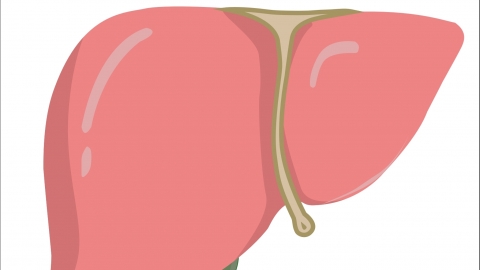Do liver hemangiomas require treatment?
Generally, if a hepatic hemangioma is large and accompanied by other symptoms, treatment is usually required. If the hepatic hemangioma is small and does not cause any other abnormal symptoms, treatment is typically unnecessary. If discomfort occurs, it is recommended to promptly visit a qualified hospital for diagnosis and treatment. Detailed explanation is as follows:

Larger hepatic hemangiomas may compress surrounding tissues—for example, compression of the gastrointestinal tract can cause symptoms such as abdominal distension, abdominal pain, and reduced appetite, while compression of the biliary tract may lead to jaundice. If the hemangioma rapidly increases in size, causes persistent right upper quadrant abdominal pain, or is located at the edge of the liver with a risk of rupture and bleeding, these conditions can affect normal life and even endanger life. In such cases, surgical or interventional treatments are required to prevent further progression and serious consequences.
If a hepatic hemangioma is small and does not cause any other abnormal symptoms, it is considered a benign lesion. These hemangiomas grow very slowly or may remain stable for a long time, without causing adverse effects on liver function or overall health. Their location is relatively safe, with a very low risk of rupture, and they do not compress surrounding tissues. Therefore, no special treatment is needed, and regular monitoring is sufficient.
During the monitoring period, strenuous physical activity and abdominal trauma should be avoided to prevent hemangioma rupture. It is also important to maintain healthy lifestyle habits in daily life, avoid excessive alcohol consumption, and reduce liver irritation. Additionally, regular ultrasound examinations and other follow-up tests should be performed as directed by a physician to closely monitor any changes in the size and morphology of the hemangioma, and to seek medical attention promptly if any abnormalities are detected.





